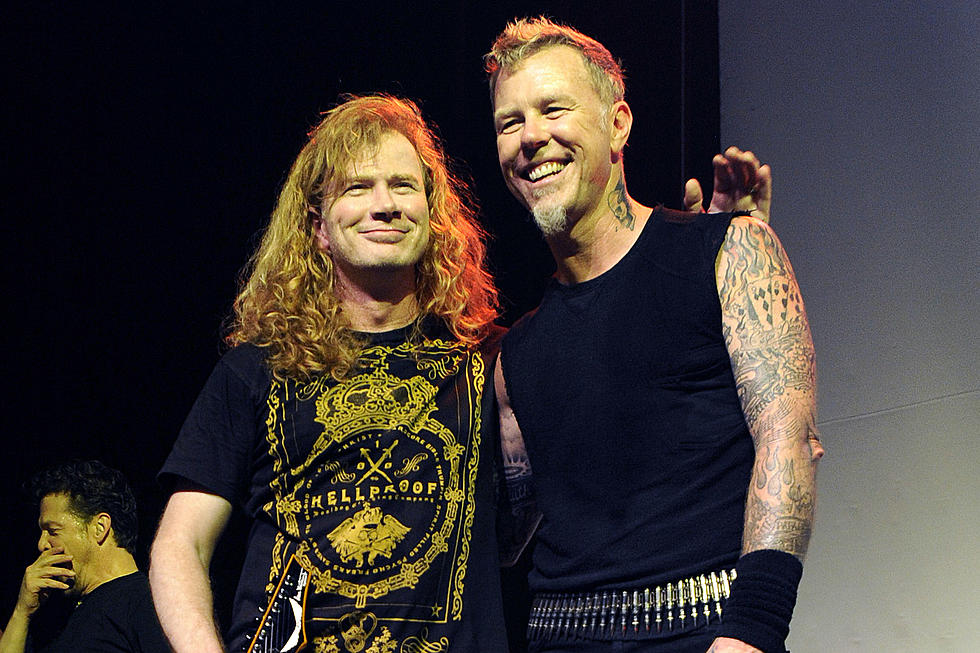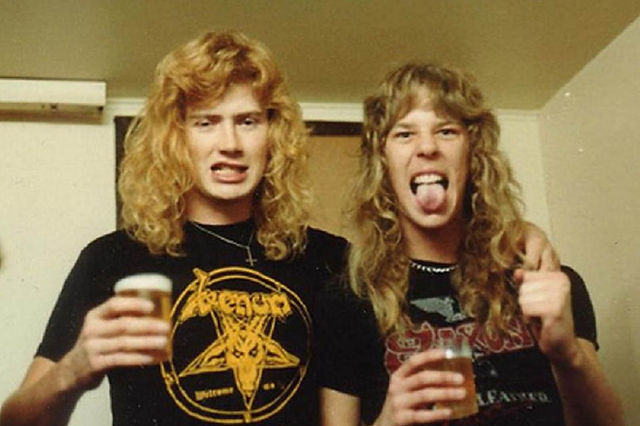‘I was motivated by a desire for retaliation’: Dave Mustaine reminisces about how his ‘dissatisfied’ following the split from Metallica prompted him to establish Megadeth

Dave Mustaine recently looked back on his departure from Metallica, revealing that the inception of Megadeth and his initial aspirations for the project were fueled by a desire for reve𝚗ge.



Having spent two years as Metallica’s lead guitarist, Mustaine was dismissed from the band in 1983, just before the release of their debut album, “Kιll ‘Em All.” Tensions had escalated between Mustaine and the other members due to his struggles with alcoholism and an altercation where he confronted frontman James Hetfield over allegedly mistreating Mustaine’s dog.

Awakened by the rest of the band in New York on April 11, 1983, Mustaine was promptly fired on the spot and sent to Los Angeles with a one-way bus ticket. However, it was during this journey that he conceived the nаme for a new band after encountering the phrase “The arsenal of Megadeth can’t be rid” on a political postcard he had picked up along the way.
“I was driven by reve𝚗ge,” Mustaine reveals in a recent issue of Metal Hammer. “I was furious about the Metallica incident, and all the way back home, I kept thinking, ‘I’ll be faster, I’ll be better, and my songs will be heavier.'”

In the interview, Mustaine also touches on the brief period when Slayer’s Kerry King filled in as a guitarist for Megadeth in the band’s early days.
“When Kerry joined us for those five gigs in early 1984, he was doing us a massive favor,” Mustaine recalls. “He had no intention of staying with Megadeth because his heart belonged to Slayer, which was his band. I never wаnted to poach members from another band; it’s not something I’m interested in.”

Furthermore, Mustaine discusses his initial reluctance to step into the role of vocalist for Megadeth, which ultimately stemmed from his strugglе to find suitable candidates for the position, especially given his desire to create music that was faster, angrier, and more intricate than the mainstream metal of the era.